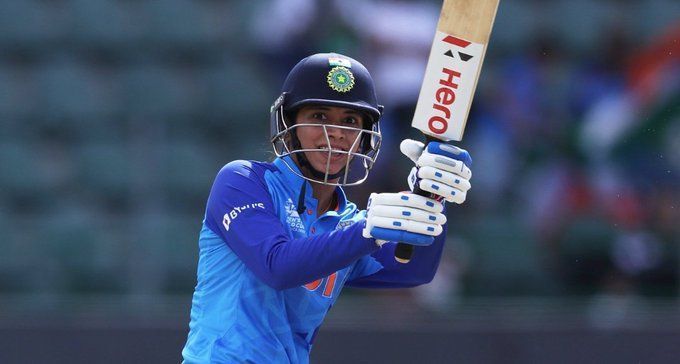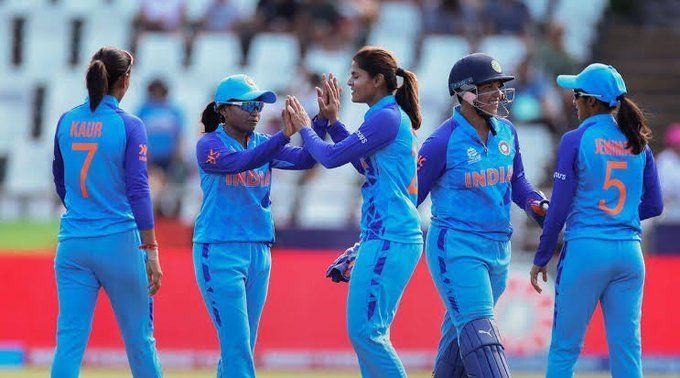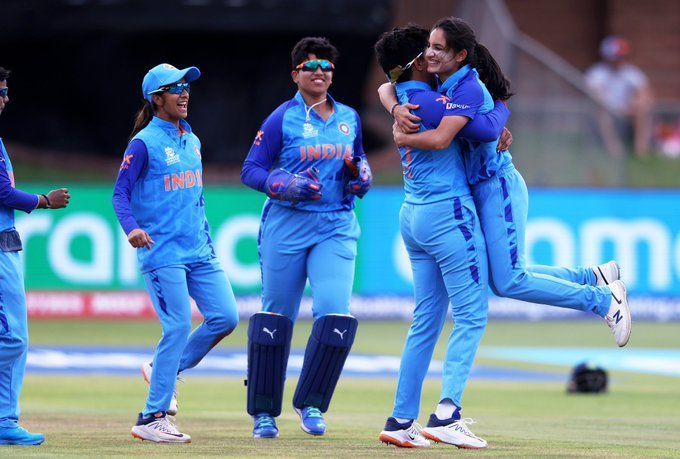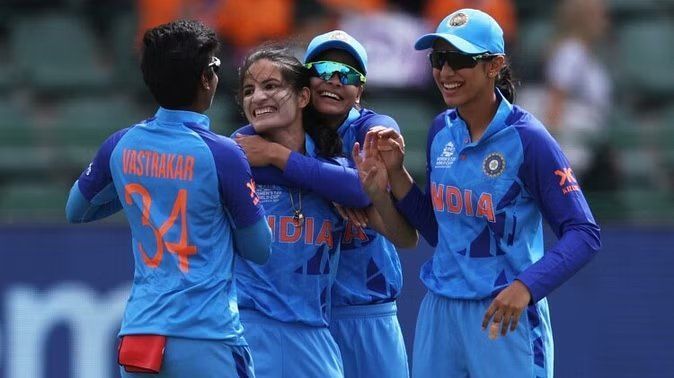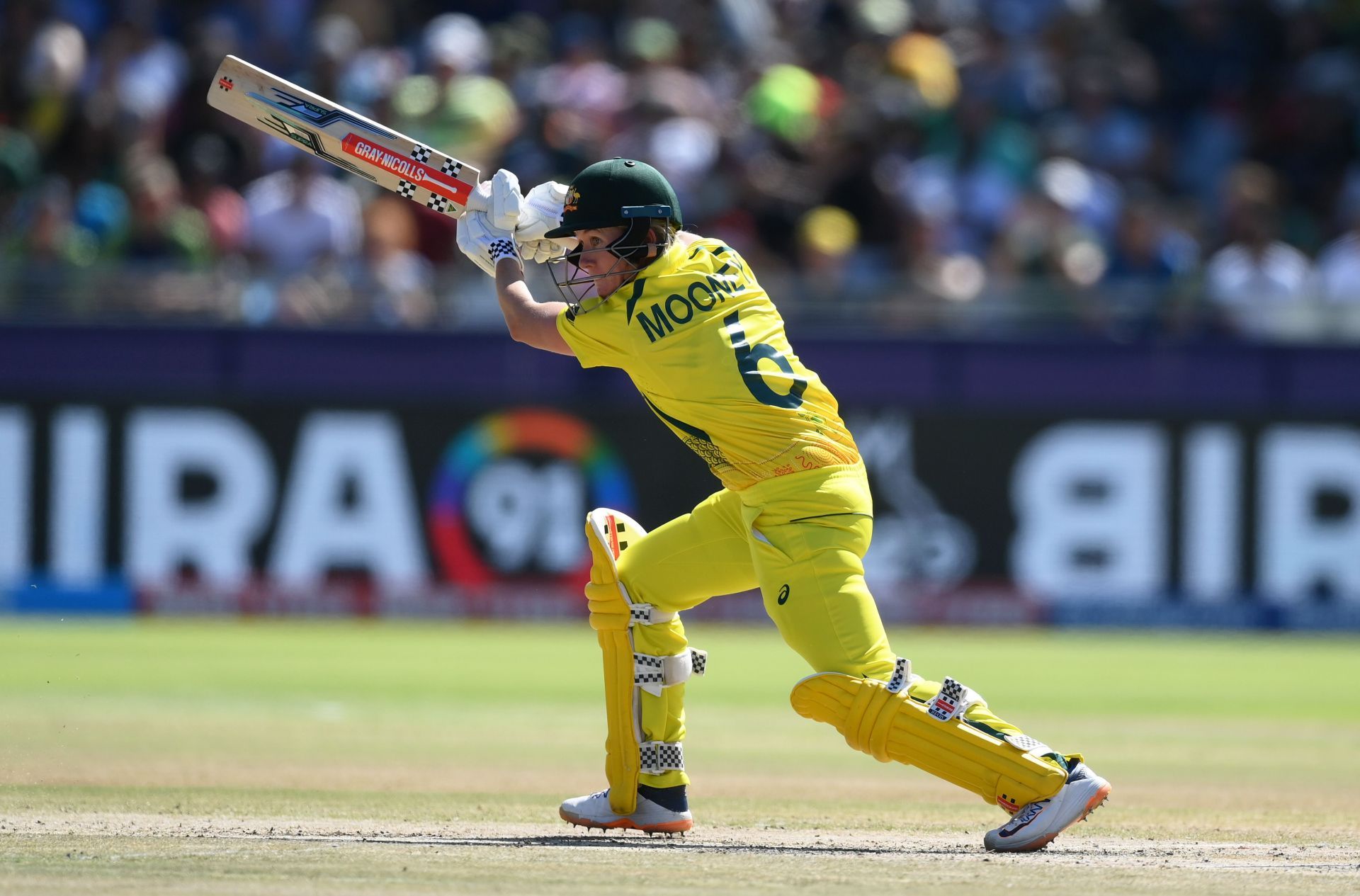
5 best batting performances in the Women's T20 World Cup
The ICC Women's T20 World Cup concluded recently, with the dominant Aussies adding yet another trophy to their cabinet. They have now won six T20 World Cups - underlining their dominance in world cricket.
Throughout the tournament, we witnessed some spectacular performances from some high-quality players in some high octane situations.
Here, we look at the top five batting performances in this edition of the ICC Women's T20 World Cup.
5 best batting performances in the Women's T20 World Cup
#1 Beth Mooney - 74* vs South Africa (Final)
Beth Mooney once again stood up for the team in their hour of need, scoring 74 runs off just 53 deliveries to set up Australia's win in the Women's T20 World Cup final against South Africa. The Aussies, who opted to bat first after winning the toss, lost Alyssa Healy in the fifth over but Mooney put a price on her wicket and ensured that her side posted a respectable total.
Mooney wasn't looking comfortable initially, but once she was set, she cashed in and got the job done for her side. She remained unbeaten and was later named the player of the match.
#2 Muneeba Ali - 102 vs Ireland
Pakistan opener Muneeba Ali smashed a sensational century in the Women's T20 World Cup group stage against Ireland, which helped her side win by 70 runs. Muneeba's innings, which included 14 boundaries, was crucial considering that Pakistan lost their first game against India.
In the process, she became the first female batter from her country to score a T20 International century. Muneeba's 102 is the fifth highest in the history of the Women's T20 World Cup.
#3 Danni Wyatt - 59 vs Pakistan
England posted a mammoth total of 213 in the first innings to put Pakistan under some severe pressure in their group stage game. Pakistan were eventually dismissed for 99 runs, handing England a massive win.
England opener Danni Wyatt's brisk start was crucial to her side's big total. Wyatt ended up scoring 59 off 33 balls, at a strike rate of 178.79. It was a significant knock for her, considering that she was struggling for form at the time. Her knock set the platform for Nat Sciver-Brunt and Amy Jones to lift the team to 213.
#4 Nat Sciver Brunt - 81 vs Pakistan
England's Nat Sciver-Brunt produced an explosive innings, scoring 81 runs off just 40 deliveries at a strike rate of over 200. Her innings, which included 12 boundaries and a solitary maximum, helped England post 213 runs on the board.
Sciver got to her fifty in the 16th over and was lethal for the remainder of her innings. She shared a partnership of 100 runs with Amy Jones, who was also phenomenal. The win helped boost England's net run rate, which was the highest among all the participating teams at the end of the group stage.
#5 Smriti Mandhana- 87 vs Ireland
In India's last group-stage game against Ireland, vice-captain Smriti Mandhana produced a masterful innings of 87 runs. The southpaw scored at a rate of 155.36, courtesy of nine boundaries and three sixes that she smashed.
India eventually won the rain-hit game by five runs, by virtue of the Duckworth-Lewis method.




